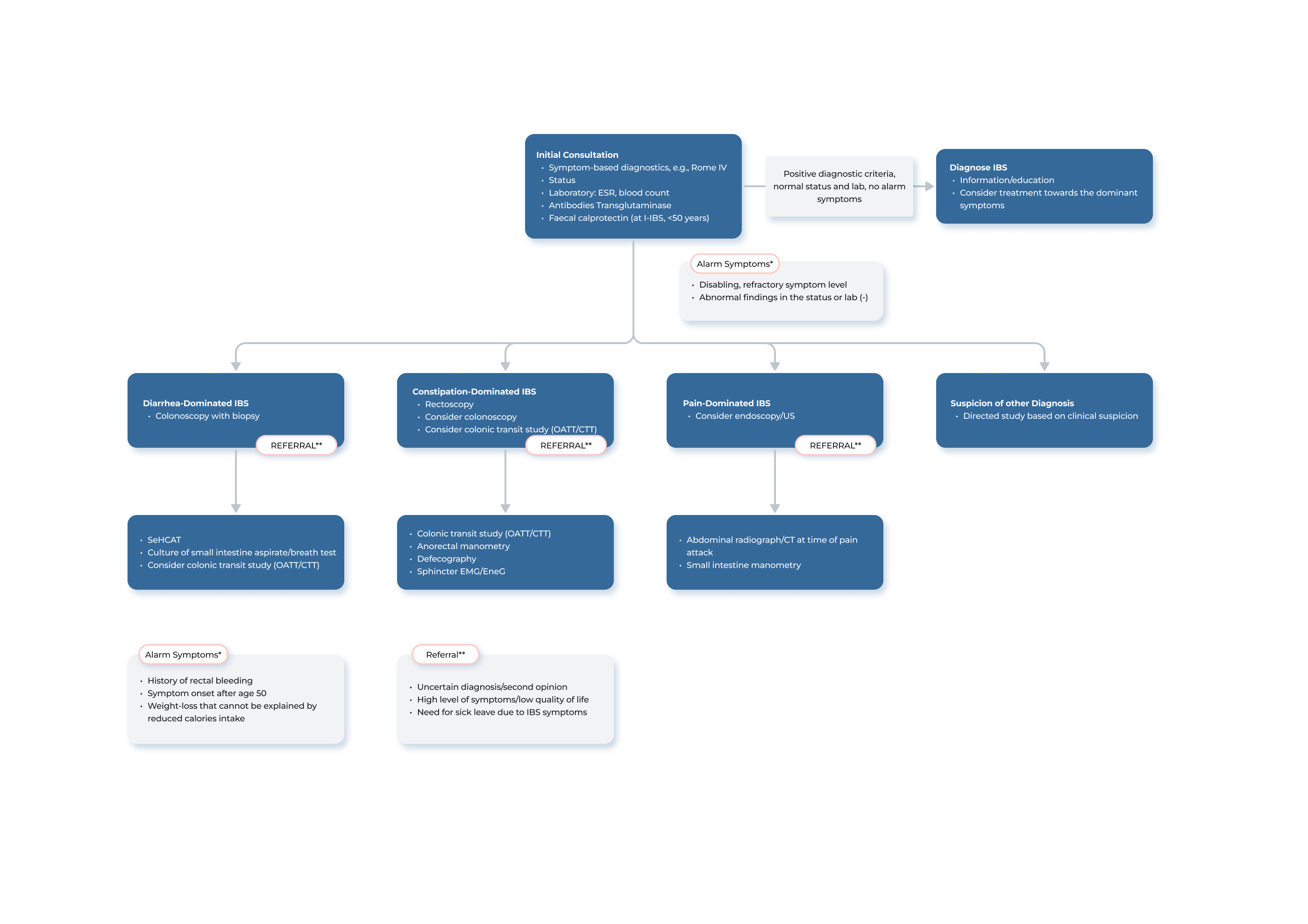Transit-Pellets® Radiopaque Markers
- FDA 510(k) clearance for use in adult patients
- FDA 510(k) clearance for use in pediatric patients (≥2 y/o)
- CE marked (for use in adult patients)
- Encapsulated colon transit markers
- Capsules purely vegetarian
- Easy to administer
- Manufactured in Sweden
Transit-Pellets Description
The Transit-Pellets device is specially designed and packaged for ease of use in accordance with the Transit-Pellets method. Each box includes seven capsules that are to be taken in coordination over a six-day period, as per the Transit-Pellets method. To be dispensed only by physicians to patients for oral intake.
| Order Information | |||
|---|---|---|---|
| Article number | Description | Unit of Measure (UoM) | Quantity |
| 0 7350099 55001 0 | Transit-Pellets | Pack (PK) | One (1) PK; Each pack includes 10 boxes of capsules, and each box includes 7 capsules for single patient use. |
| Packaging | |
|---|---|
| Primary Packaging | Secondary Packaging |
| The blister pack is labeled with numbers 1 through 6. The markings 6:1 and 6:2 on the back of the blister pack correspond to the morning and evening doses for the sixth day respectively. | The dimensions of the Transit-Pellets box containing the blister pack are 8.0cm x 2.0cm x 11.0cm. Each box includes a Transit-Pellets package insert translated into multiple languages. |
| Physical Properties | |
|---|---|
| Transit-Pellets radiopaque markers | The radiopaque markers are composed of 78% Elastosil ® R 401/60 Silicone Rubber and 22% Barium Sulphate. Each box of Transit-Pellets contains 50 ring-formed markers measuring 2×4.5mm* and 10 tube formed markers measuring 6x2mm*. |
| Hydroxypropyl methylcellulose (HPMC) Capsules | The HPCM capsules, size -00-, made from wood cellulose, have no odor or taste, contain no preservatives or allergens. |
* +/- 0.15mm
| Operational Properties | |
|---|---|
| Storage Temperature | Stored at normal room temperature. |
| Shelf Life | Not to be used beyond the expire date indicated on the package. |
| Disposal | Unused Transit-Pellets do not require any special disposal measures and can be safely disposed of with regular household waste. The packaging can also be recycled as per the local regulations. |
| Indication, Safety, and Warnings | |
|---|---|
 Clinical Instructions for Use Clinical Instructions for Use |
 Clinical Instructions for Use Clinical Instructions for Use |
| To access other translations of our Clinical Instructions for Use, please click here. | |


